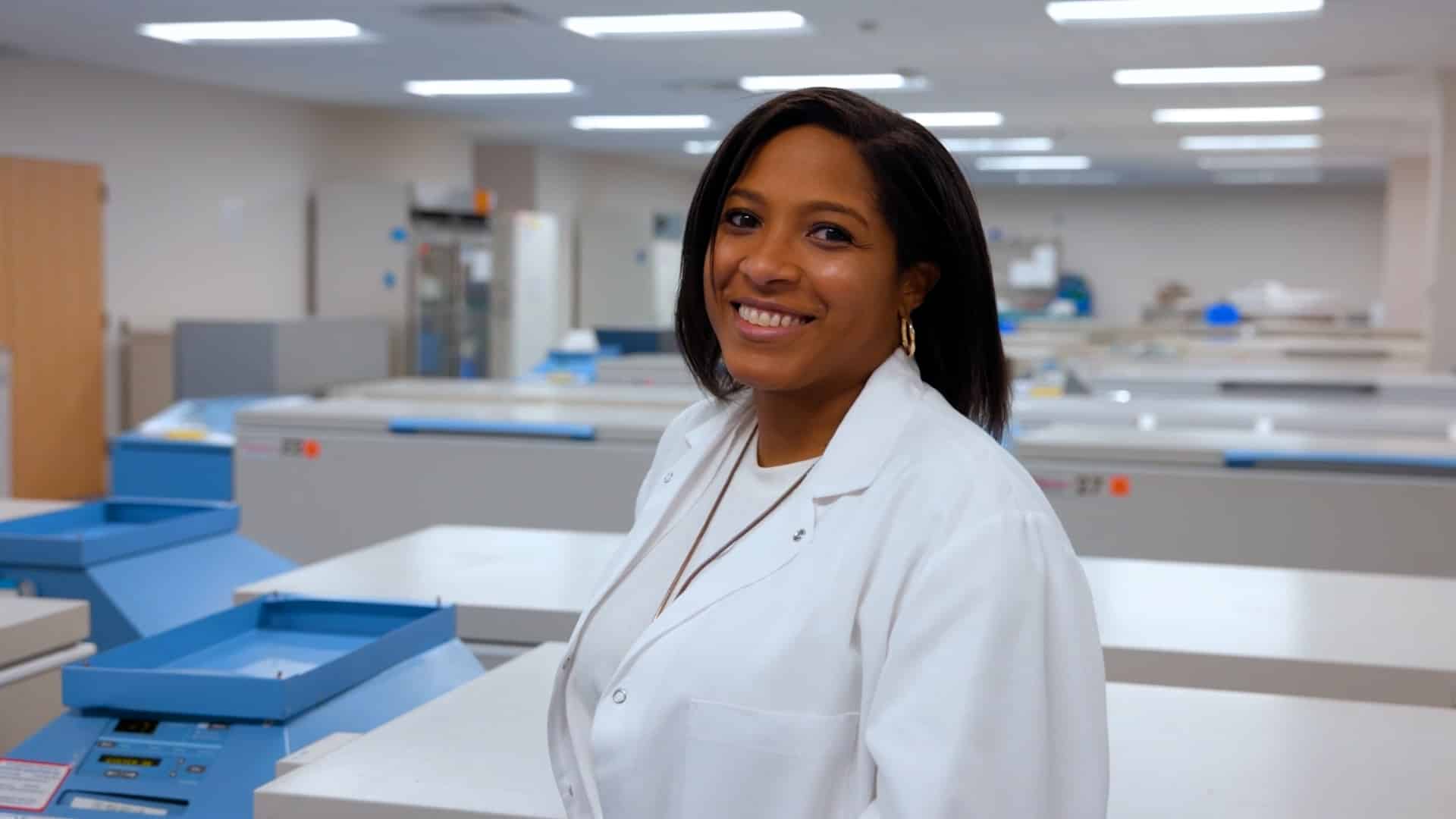The challenges in immuno-oncology (I/O) drug development require deep scientific insights, generation and analysis of complex biological data, new state-of-the art technologies and both logistical & operational support across continents. The goal of immuno-oncology drug developers is to turn precision medicine into action, bringing life-changing therapies to patients.
In this webinar originally held on October 4 our experts discuss the use of Immunohistochemistry (IHC), Next-Generation Sequencing (NGS), and Flow Cytometry (FCM) within immuno-oncology, and how they can offer the comprehensive insights required for I/O clinical trials.
Speakers
- Jérôme Sallette, PhD, CSO Cerba Research
- Shu Jen Chen, PhD, CSO ACT Genomics
- Sofie Vandevyver, PhD, Head of Business Operations & Marketing Cerba Research
- George Wei, PhD, Vice President R&D ACT Genomics
- Renaud Burrer, PhD, Head of Histopathology Cerba Research
- Nithianandan Selliah, PhD, Global Head Flow Cytometry Cerba Research


